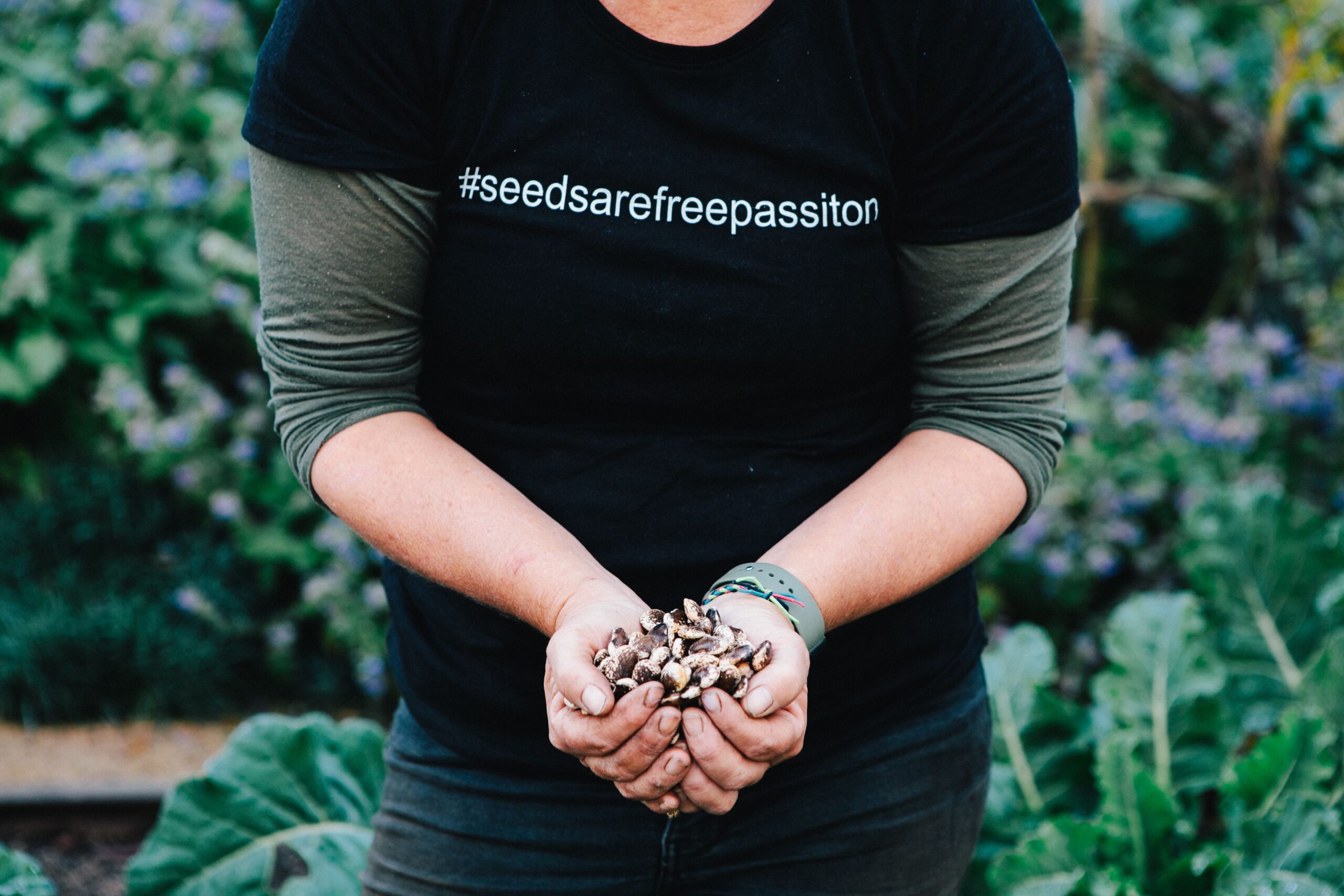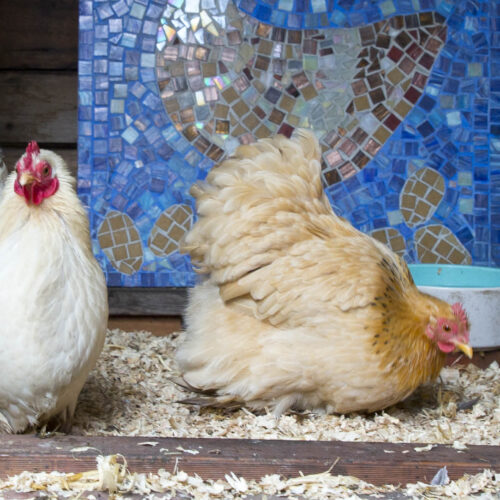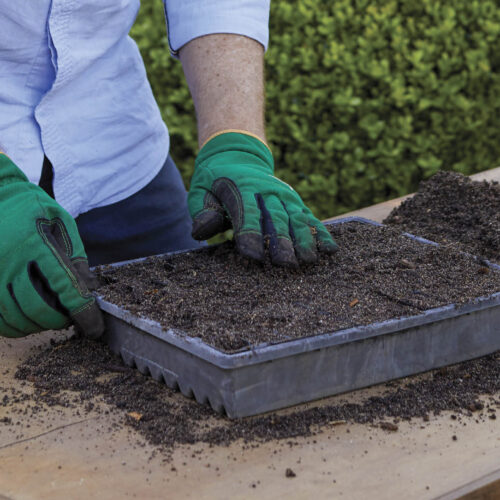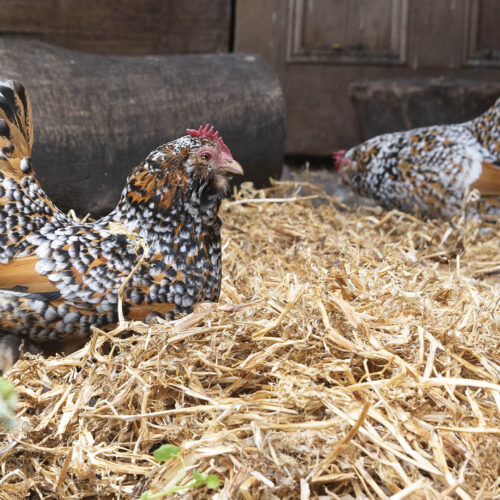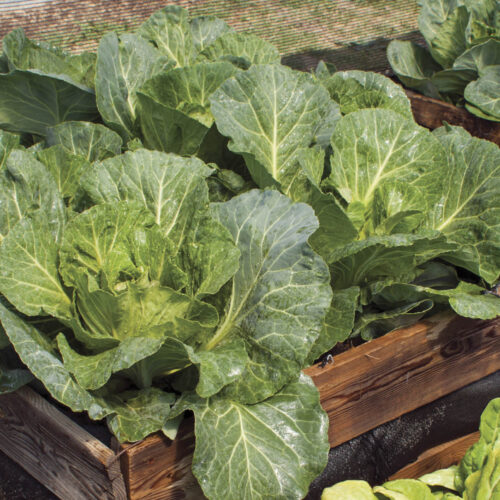Seeds are free
2020-08-27T04:53:24+10:00
These seeds are available for free, all you have to do is use them to grow food, save those seeds and then share with others.
CV-19 has brought all sorts of changes and uncertainties with it, and food gardening has offered a way for many of us to fill our time and lives with something meaningful, productive and rewarding whilst filling a gap in our pantries and saving money. However, the sudden influx of new gardeners has put a strain on several online heirloom seed sellers, causing disruption to online supplies.
Down on the picturesque Mornington Peninsula, as CV-19 started to bite, Julie Bennett was online, trying to order seeds for the three different local restaurants she grows her high-quality produce for. Julie is an unassuming master food gardener, growing heirloom vegetables, herbs and edible flowers for passionate clients. Seeing her favourite seed supplies suddenly threatened, Julie was disturbed by this break in the food growing chain. Where would people source this basic unit of food growing?
Food security
Behind the sudden increase in home food growing, is a desire to respond to questions of local food security. CV-19 has exposed the uncomfortable truths and insecurities of our mainstream food supply and logistics. The modern-day industrial food system that most people rely on depends upon the movement of agricultural workers and the food they produce across the country, now severely impacted by border closures. Sudden changes in income for many has added to the numbers of people that can’t afford fresh healthy food. Besides all this, the way most food is grown and produced requires large quantities of chemicals to boost production as well as to keep pests and diseases in check. Disturbingly, now four large agrochemical firms control more than 60% of global sales of seeds. More people are now wanting to know where their food is coming from and in many cases to gain control of this again by growing their own.
The legacy of Levy
Although Julie was shopping for new varieties for her avid consumers, she knew her own seed stores were overflowing with heirloom seeds saved from the gardens she tends. She had recently been inspired by a podcast from the visionary Esiah Levy from Croydon, London, who aimed to build food security from a very personal place. In late 2016 he set up ‘SeedsShare’, to distribute seeds from his own urban garden to other keen gardeners, particularly wanting to help those who had little access to fresh organic food. Seed seekers paid their own postage costs and Levy sent packages across the UK and all over the world. He shared his journey and insights with Instagram followers on Croydon Gardener and SeedsShare on Twitter. Sadly Esiah passed away in early 2019, at only 32 years of age.
Julie was inspired to start a similar project in Australia. She applied to ‘Ripe for Change’ for a $1000 grant to help cover the costs of getting her own seeds out of the cupboard and into the wider community. Would-be seed growers write to Julie, paying postage costs and receive the gift of Julie’s free seeds with her letter. Like Levy, Julie has shared all aspects of the seed growing process online, helping new food gardeners get started and grow in confidence. Julie answers food growing questions on Facebook and Instagram, guiding her new seed lovers along their food growing journey. As Julie says, give a (wo)man a fish and you feed them for a day, teach a (wo)man to fish and you feed them for a lifetime.
Variety is the spice of life
Although Julie’s first seed offerings have been chosen to be easy to germinate and save, it doesn’t mean they are boring. Tomatoes were part of her initial offering, and the first variety sent were ‘Goldman’s Italian American’ donated by Cheryl McGaffin from Daniel’s Run Farm, an heirloom tomato grower also on the Peninsula. This spring Julie will share seeds of her beloved ‘Golden Bantam’ corn, a treasured heirloom from the late 1800’s, one of the first yellow coloured corns on the market, long-known for its sweetness and satisfying flavour. Sharing unusual varieties was part of Levy’s concept and is important for Julie. As she explains, many varieties are disdained by commercial agriculture. Some heirloom varieties ripen gradually rather than all at once and are perfect for home food growers to harvest over a long period, whereas all at once ripening means an efficient harvest for commercial growers. We are all aware of the trade-off in flavour for tomatoes in favour of robust fruits able to be transported long distances. Julie is also careful to only send out seasonally appropriate seeds, that are ready for immediate planting, so in autumn sent out seeds of ‘Carentan’ leek, described in Julie’s letter as having a history ‘dating back to 1885; and ‘long and thick, fast growing and with a delicate mild flavour’.
The lost art of letter writing
Julie has sent 1000 letters since the project started. Participants send her a stamped self-addressed envelope; SAE for those under 35 years of age; a quaint concept where the SAE is enclosed within an envelope sent to Julie, enabling her to return to the sender the precious seeds and a letter with the brief history of the variety and growing instructions. These very personal requests for seeds also share their senders hopes and dreams and stories. Some come from bushfire affected communities, that have lost their own seed stores and are growing back their lives with their food gardens. Families have written to Julie, including children’s hand drawn pictures, expressing their gratitude. Some letters contain money, which Julie sends back, and one contained an Easter egg, miraculously making it through the mail! Julie shares these letters with her own children and says they’ve learned the lesson that it’s OK to give things away for free, and it makes everyone feel good.
All Julie asks from participants, is that they use their seeds to grow food, then once they have saved seeds from them, they in turn share those with others, passing them on so the initial gift grows.
Julie on instagram, Julie on Facebook, The sobering details behind the latest food monopoly.

